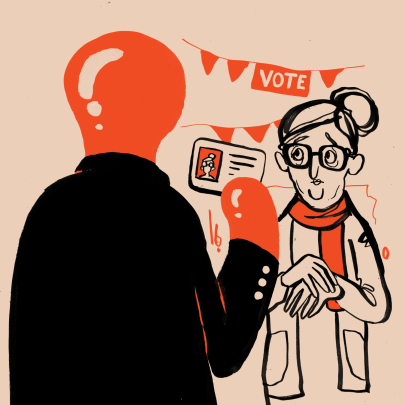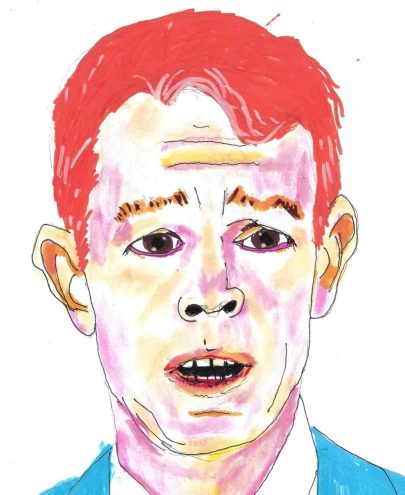Nov 17, 2014 Politics
The Prime Minister expects big things from his new Transport Minister.
There is a new minister for Auckland. Unlike Helen Clark’s Judith Tizard, John Key’s Simon Bridges is taken seriously by his colleagues, sits on the front bench and comes with an Oxford degree.
It’s also true he doesn’t actually have Tizard’s old “Minister for Auckland” title, but the new Transport Minister knows his portfolio is central to the city’s future.
Transport decisions determine the economic viability of the CBD, the orientation of the city with the harbour, the connectedness of regional markets within Auckland and the top half of the North Island, and influence the two other great issues of our time — our house prices and our kids’ school zones. If Bridges does well, he’ll be afflicted by “the first Maori prime minister” speculation. If he fails, his political career will have peaked at age 38.
Within National, there’s a faction that says emphasising public transport or opposing a loss-making central-city port is somehow left wing. It’s not a prejudice shared by the Prime Minister.
Key has lived and worked in London, New York and Singapore. He used the Concorde — which, at least compared with a slower company jet, is, in a sense, a form of public transport — as the fastest weekly commute between the first two. There’s no doubt the Tube, subway and SMRT were part of his life. As the smiling assassin, Key had no compunction about restructuring or closing businesses that were making a financial loss.
His background means he is both more cosmopolitan and economically hard-headed than either of his former Transport Ministers, Steven Joyce and Gerry Brownlee. It’s obvious to Key — in a way it’s not to ministers from New Plymouth and Christchurch — that a 21st-century city of two million will have a modern rapid transit system and not an economically unviable port at the foot of its CBD.
At first glance, Bridges may appear just a shinier version of Joyce and Brownlee. He is, after all, the MP for Tauranga, replacing Winston Peters and the even more provincial Bob Clarkson. Liberal Auckland likely associates him with fracking, mining and his outburst on Campbell Live. It’s true he is more socially conservative and less green than Key, as is almost everyone in the Cabinet except Nikki Kaye and Nick Smith.
But Bridges is also a born-and-bred Aucklander, growing up in a working-class family in Te Atatu, attending Rutherford High School and Auckland University, before taking his first legal job in the CBD. He has lived and worked in London. As the young MP for Tauranga, he played down that his wife Natalie — originally from a working-class family in Coventry, and also an Oxford graduate — was actually living in Parnell, having been appointed editor of Simply You while still in her 20s. Bridges is personally sceptical that the self-driven car will remain the dominant transport mode, as sensory and GPS technology are integrated.
The point is that these are not petrol heads, or believers that non-economic jobs should be maintained in the CBD to please the port establishment and the Maritime Union at the expense of ratepayers and the harbour. As MP for Tauranga, the new minister also understands the arguments for North Island port consolidation: that the market has failed to drive consolidation because the CBD port is kept open for political, not commercial, reasons.
Nothing moves quickly in transport policy. Nor should it, given the costs involved and its impact on everything else. But Key has signalled how he wants Auckland’s transport system to develop by overruling Brownlee and backing an earlier start to Len Brown’s central-city rail link than Wellington bureaucrats wanted.
Privately, Key speaks frankly that the CBD port’s operations must one day move to Marsden Pt and Tauranga and that this requires investment in better road and rail links. Bridges will face opposition from the Treasury and his own officials if he wants to push these projects still faster. But Key rewards ministers, like Paula Bennett, who progress policy faster than makes Wellington comfortable while gently shifting public opinion in the direction the Prime Minister wants.
Key’s personal outlook on transport issues is more progressive than many of his government’s formal policy positions over the past six years, and broadly consistent with Brown’s. He hasn’t promoted one of the young ministers he rates most highly just to maintain the status quo.





